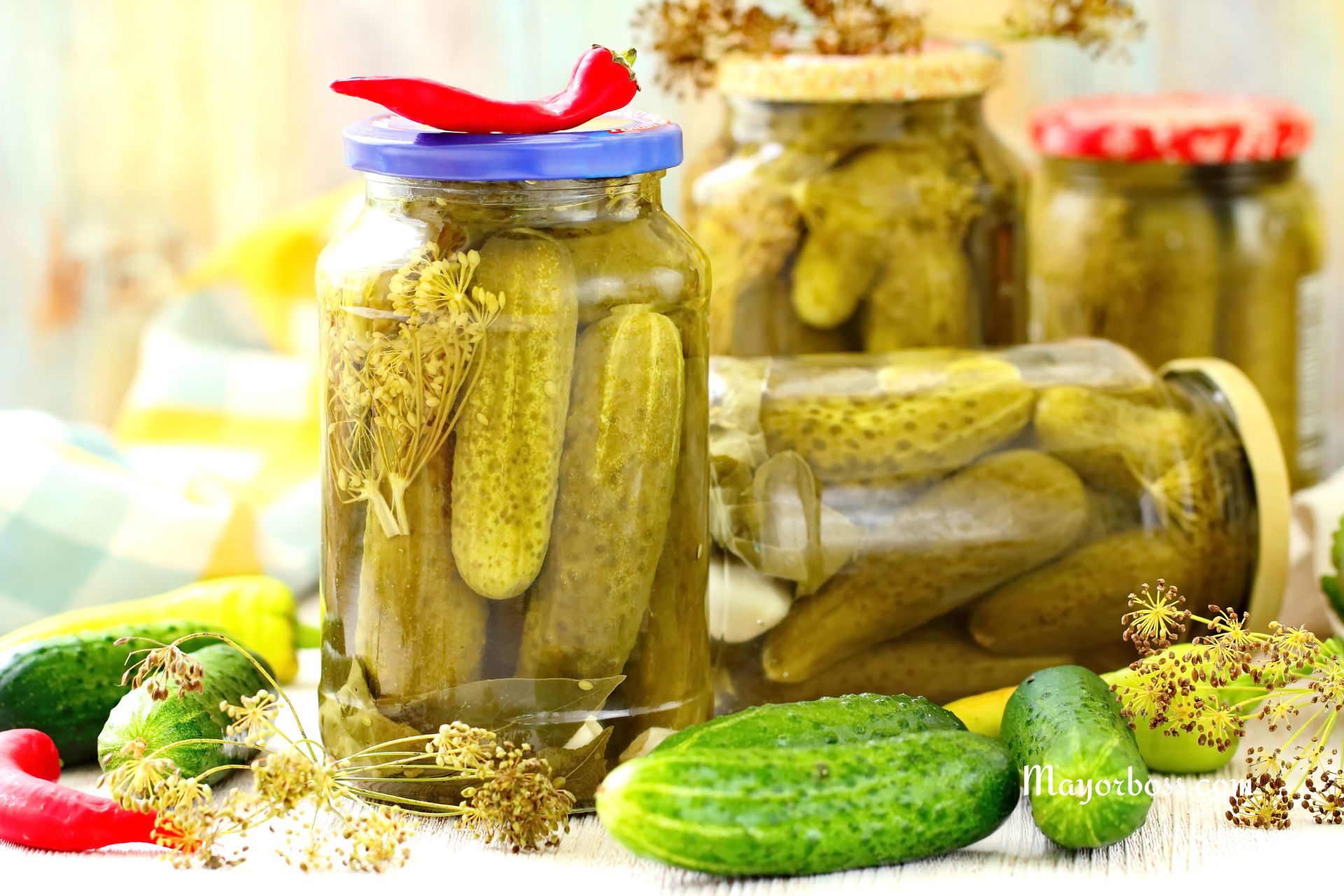Does Pickle Juice Cure Sore Throats? Here’s What Doctors Say
When you’re dealing with a sore throat, you’re likely willing to try anything to relieve the discomfort. Interestingly, an unconventional remedy has been making the rounds: pickle juice. Yes, you heard that right. Some folks swear by the salty, tangy brine as a cure for their sore throats. But before you reach for that jar in your fridge, let’s see what the experts have to say about this home remedy’s effectiveness.

What Causes Sore Throats?
Firstly, understanding why you have a sore throat can help determine the best course of action. Often, sore throats are a symptom of a viral infection, like the common cold or flu. However, bacterial infections, allergies, dry air, and pollution can also irritate your throat. In some cases, even yelling too much at a concert or sports event can leave you with that painful, scratchy sensation.
The Pickle Juice Debate
So, where does pickle juice come in? Pickle juice is essentially a mixture of water, vinegar, salt, and various spices—all of which have properties that might seem beneficial at a glance. Vinegar has antibacterial properties, while salt can help reduce swelling and act as a natural disinfectant. However, the question remains: Is there scientific backing to these claims, especially concerning sore throats?
Here’s What Doctors Say
Doctors and medical professionals typically recommend evidence-based treatments for sore throats, such as lozenges, throat sprays, and over-the-counter pain relievers. While there is anecdotal evidence supporting the use of pickle juice for sore throats, there’s a lack of scientific research directly linking pickle juice to sore throat relief.
Additionally, the high salt content in pickle juice can be dehydrating, which might not be ideal when you’re trying to soothe a sore throat. Staying hydrated is key to recovery, and while pickle juice contains electrolytes, the benefits may be outweighed by its potential to dehydrate.
Alternative Remedies and When to Seek Medical Advice
For those interested in home remedies, there are more widely recommended options with supportive evidence, such as honey and lemon in warm water, herbal teas, and gargling with salt water. These remedies can provide temporary relief and are generally considered safe.
However, if your sore throat persists for more than a few days, worsens, or is accompanied by other symptoms like a high fever, it’s crucial to seek medical advice. A persistent sore throat could indicate a more serious condition that requires professional treatment, such as strep throat or tonsillitis.
Conclusion
While pickle juice may offer temporary relief for some due to its antibacterial properties and the comforting warmth of the liquid, it’s not widely endorsed by the medical community as a cure for sore throats. Always consider the potential drawbacks and explore more established remedies for relief. If in doubt, consulting with a healthcare provider is your best bet to ensure you’re taking the right steps toward recovery.
Frequently Asked Questions
- Can drinking pickle juice harm you? Drinking pickle juice in small amounts is generally safe for most people, but due to its high sodium content, consuming it excessively can lead to increased blood pressure and dehydration.
- What are the signs I should see a doctor for a sore throat? You should consult a doctor if your sore throat is severe, lasts more than a week, is accompanied by a high fever, difficulty swallowing, or if you notice rash or joint pain.
- Are there any scientifically proven benefits to pickle juice? While pickle juice has been touted for various health benefits, such as muscle cramp relief and hydration, the scientific evidence is limited. Its high electrolyte content can be beneficial, but it’s not a cure-all remedy.
